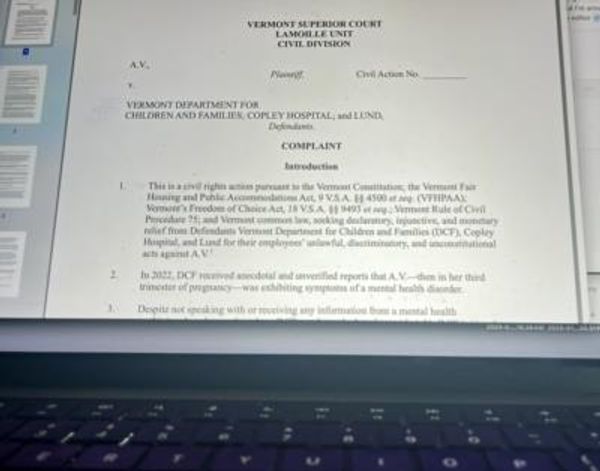
Our greengrocer has tomatoes; I’ve seen them with my own eyes. But I’m not buying. For one thing, I’d rather not have to remortgage the house. For another, I’ve become slightly obsessed with turnips. And it seems I’m not the only one.
No sooner had a columnist made a Thérèse Coffey-inspired joke about turnip carpaccio than social media dished up a photograph of just such a dish, the veg in question deep purple and sliced so thinly it resembled the petals of a tulip. For inspiration, I turn to Colin Spencer’s 1992 classic, Vegetable Pleasures. It has recipes for turnips with ginger, and with walnuts, and also for a buckwheat pilaf starring the tiny young ones favoured by the French. Perhaps if we, too, called turnips navets, they might start to seem rather chic. It has been fun watching those who ordinarily like to drone on about seasonal eating rail against the disappearance of tomatoes and peppers from our supermarkets. The hypocrites! But yes, I know this is unfair. We’ve long imported bananas and pineapples; if you live on a dark, wintry island such as ours, to be deprived of fresh, exotic, vitamin-rich fruit is to experience a powerful longing. In 1944, the wartime diarist Vere Hodgson recorded that a shop near her flat in Notting Hill had got hold of some oranges (fruit and vegetables were not rationed, but they were often in painfully short supply). “We have seen orange peel in the street,” she wrote. And then: “Most refreshing even to look at it.”
A book of one’s own

A light buzz surrounds Forbidden Notebook by Alba de Céspedes, a “rediscovered” Italian novel of the 1950s published in a new translation by the celebrated Ann Goldstein, and now I’m reading it myself, I see why. Crikey. Here is a book that demonstrates, page by page, paragraph by paragraph, that writing really can be a transformative act.
Valeria Cossati is a fortysomething working woman who shares her cramped Rome apartment with her husband and two children. Out buying cigarettes one day, she’s drawn to some notebooks in the tobacconist’s window and, having persuaded him to let her have one – it’s Sunday and he’s forbidden to sell anything but tobacco – she begins writing a diary, a journal she carefully hides from her family. At first, every entry is humdrum. But the more she writes, the more her feelings, long repressed, bubble to the surface: her restlessness, her dissatisfaction.
The result is incendiary: a bomb beneath the bed that has been made for her. Turning its pages, the feeling grows that all women, metaphorically speaking, keep a little black book – and that they all, at some point, have to destroy it, just as Valeria does.
Savouring Sheffield

I’m pleased for the Crucible theatre, whose Standing at the Sky’s Edge, a musical about Park Hill, Sheffield’s famously huge brutalist housing complex, has been nominated for eight Olivier awards. How brilliant for the city. But when I saw it last month, my heart sank. I think we need to start telling new stories about the north, yet here – again – were miners lit from above like the Magi, yellowing Thatcher rage and endless jokes about the ridiculous middle classes (your regular reminder that there are middle-class people in the north, too).
Still, it was amazing to see Henderson’s Relish on sale in the National Theatre, to which the production has transferred. Hendo’s, a condiment resembling Worcestershire sauce that has been made in Sheffield since 1885, is loved by Arctic Monkeys, Sean Bean and, er, me. Something to pep up your turnips? Grab a bottle with your interval choc ice.
• Rachel Cooke is an Observer columnist







